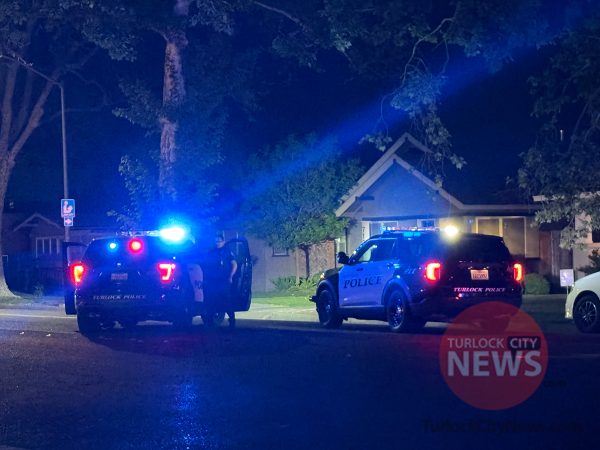Nearly 4,000 Stanislaus County residents – and 1.3 million people nationwide – will suddenly find themselves without unemployment benefits Saturday, as the federal Emergency Unemployment Compensation program will come to an end.
That program extended unemployment benefits beyond the roughly six months of unemployment insurance offered by the State of California, providing as much as an additional year of benefits. But legislators did not extend the program before ending the 2012 session, bringing about its abrupt end.
The program was instituted by President George W. Bush in 2008, just as the Great Recession was spiraling out of control. Since then, legislators have renewed the program 11 times citing the slow economic recovery and difficulty of finding a job.
Under the federal program, Californians are currently eligible for up to 63 weeks of unemployment insurance. On Saturday, that figure will drop to 26 weeks.
More than 222,000 Californians will lose their unemployment insurance on Saturday, the state Employment Development Department said. That's roughly one-third of the 712,000 Californians currently collecting unemployment benefits.
Of those losing their benefits Saturday, 3,749 live in Stanislaus County.
A further 325,800 Californians will lose their coverage in the first six months of 2014, according to the Department of Labor, should the program not be extended.
Washington Democrats hope to renew the program on Jan. 6, when the U.S. Senate convenes. Six different bills have been introduced to extend unemployment benefits, ranging from a three-month to two-year extension.
Those in support of the federal unemployment program argue that the economy has yet to recover; the current nationwide unemployment rate, 7.3 percent, is still 2 percent higher than at the recession's start. And the nation has 1.3 million fewer jobs than in 2007.
At the same time, the number of people working or actively looking for work has declined to 1978 levels. As a result, the percentage of workers with a job is still barely higher than it was when the economy was at its worst.
And, compared to previous recessions, workers are having a harder time finding jobs. It now takes eight months to find a job, on average, compared to five months before the recession.
The percentage of the labor force unemployed for 27 or more weeks is still double what it was when federal unemployment programs last expired. Roughly 4.1 million of the 11.3 million unemployed people nationwide have been looking for work for more than 27 weeks.
Supporters argue that unemployment insurance is a boon to the economy, giving workers time to find an appropriate job for their skill set rather than accept underemployment in search of cash. Additionally, as workers must maintain a job search to qualify for benefits, the program keeps workers looking for jobs despite the lack of available posts.
The White House Council of Economic Advisors says that terminating unemployment insurance would hurt job growth, costing 240,000 jobs.
Those who oppose any further extensions argue that the program offers a disincentive to finding a job, as workers are paid roughly half of their former salary despite not working. Jesse Rothstein, former chief economist at the Labor Department, found that federal extensions of unemployment insurance during the Great Recession led to a 0.2 percent increase in the unemployment rate as of December 2010.
Though the debate on unemployment insurance will rage on in Washington, D.C., local residents will see the real-world impacts of legislators' decisions.
For at least the short term, thousands of local residents will see – at the minimum – a delay in the delivery of new unemployment checks. And should an unemployment insurance extension not pass the legislature, those checks could come to a permanent end.







